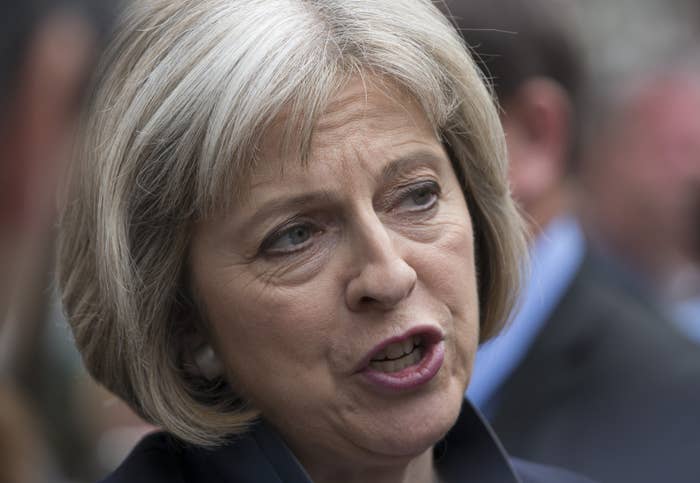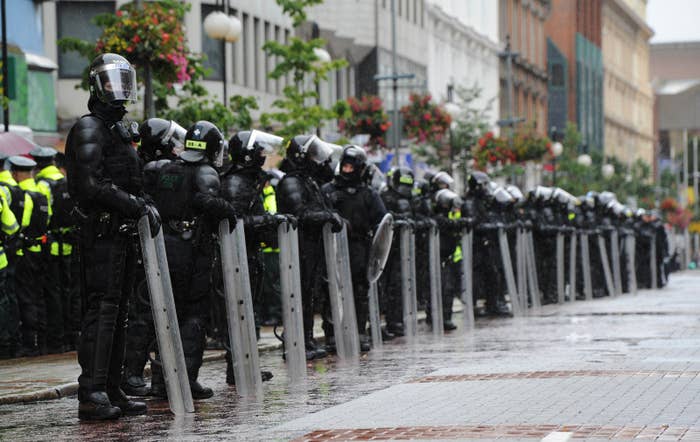
The threat level posed by Northern Ireland-related terrorism towards Great Britain has been raised from "moderate" to "substantial".
The increased level, recommended by domestic secret service MI5 after the level was downgraded in 2012, means an attack in England, Scotland, or Wales is a "strong possibility".
Home secretary Theresa May confirmed the change in a written statement to parliament on Wednesday. She said the decision "reflects the continuing threat from dissident republican activity".
"As a result of this change, we are working closely with the police and other relevant authorities to ensure appropriate security measures are in place," May said. She said the threat level was not a cause for alarm and that republican forces commanded only a small amount of support.
Will Kerr of Police Service Northern Ireland (PSNI) said in a statement that there "remains a real and serious threat from dissident republicans in Northern Ireland".
He said the PSNI was aware of the announcement in Westminster, and that the decision was about "increasing awareness and encouraging vigilance".

Kerr urged local communities and the public to report anything suspicious to police, emphasising that such actions were not "informing" but enabling the PSNI to keep communities safe.
Within Northern Ireland, the threat level remains unchanged at "severe" – the second-highest level – meaning an attack is "highly likely".
In March of this year, dissident republicans launched a bomb attack that killed 52-year-old prison officer Adrian Ismay. In a statement given to the BBC, the dissident group identified itself as the New IRA and said the attack was provoked by the treatment of dissidents in prison.
